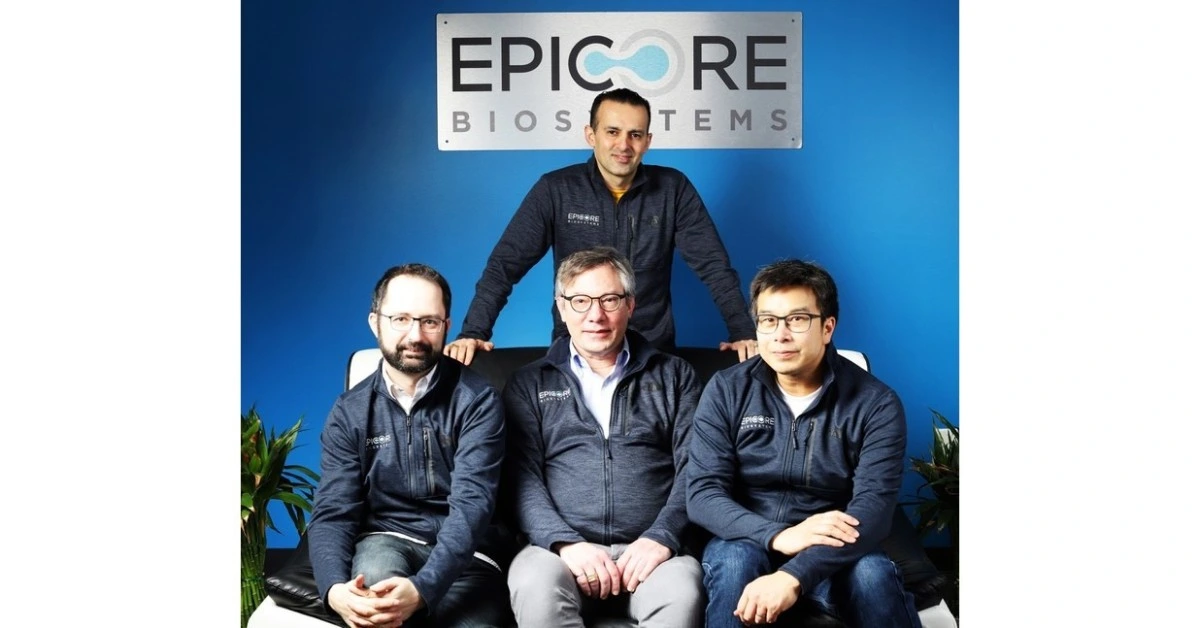
USA – Epicore Biosystems has raised US $26 million in Series B funding to accelerate the global adoption of its innovative sweat-sensing wearable technology and cloud analytics platform.
Led by the Steele Foundation for Hope, the investment will fuel Epicore’s expansion into new biomarker applications, including kidney health, women’s health, malnutrition, and environmental toxin exposure.
The company’s wearable technology sets itself apart by utilizing microfluidic channels and biosensors to analyze biomarkers in perspired sweat. T
his non-invasive approach provides real-time hydration and metabolic health insights, addressing a growing market for personalized health monitoring.
“Our technology measures both the concentration of biomarkers and the extent of tiny droplets of sweat, providing continuous and real-time insights into hydration and metabolic health,” said Epicore CEO and cofounder Dr. Roozbeh Ghaffari.
Hydration monitoring solutions
Epicore has developed two complementary solutions for hydration tracking:
“With Connected Hydration, we offer real-time hydration biometrics and automated alerts, while the Gx Sweat Patch delivers validated hydration snapshots with minimal device overhead,” Ghaffari explained.
Expanding beyond hydration
Beyond hydration monitoring, Epicore is extending its biomarker capabilities to address broader health concerns.
New developments include measuring ketones for muscle glycogen depletion, urea and creatinine for kidney health, and essential nutrients such as calcium, iron, zinc, and vitamin C for nutrition monitoring.
Ongoing research collaborations with Northwestern University have helped validate these targets, with the new funding set to accelerate expansion efforts.
“As climate change and extreme heat exposure become pressing global health challenges, we see a growing need for non-invasive monitoring solutions,” Ghaffari said. “Our goal is to drive highly individualized improvements in hydration, metabolic health, and wellness for all.”
The bigger picture
The wearable health monitoring market is rapidly evolving with AI-driven innovations. Circular’s Ring 2, featuring FDA-cleared ECG and AFib detection, Samsung’s Galaxy Ring and Watch Ultra, and VIV Health’s generative AI-powered VIV Ring are pushing the industry forward.
Additionally, Validic recently secured US $12 million to integrate wearable data into electronic health record (EHR) workflows, enhancing provider access to patient insights from over 350 devices.
XRP HEALTHCARE L.L.C | License Number: 2312867.01 | Dubai | © Copyright 2025 | All Rights Reserved